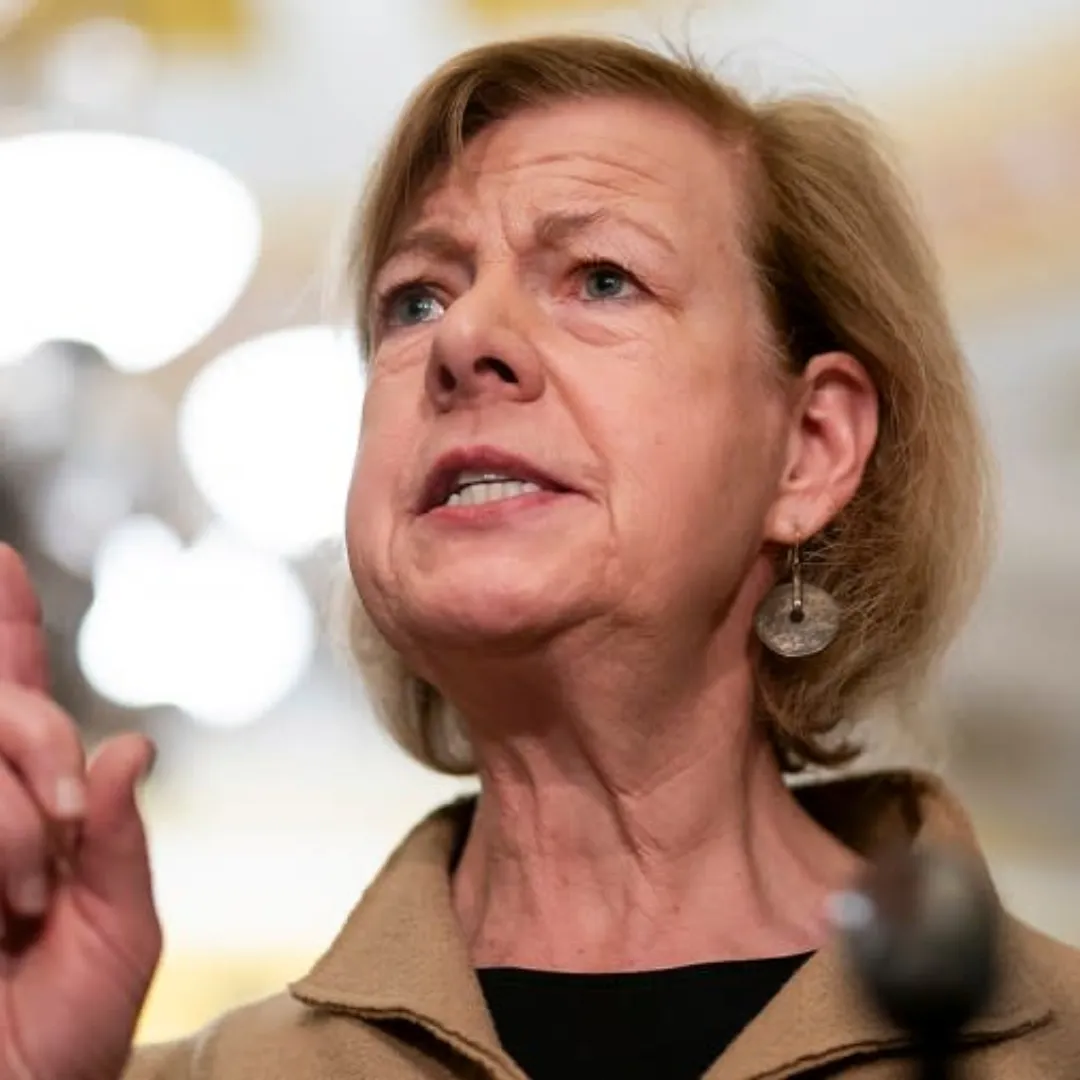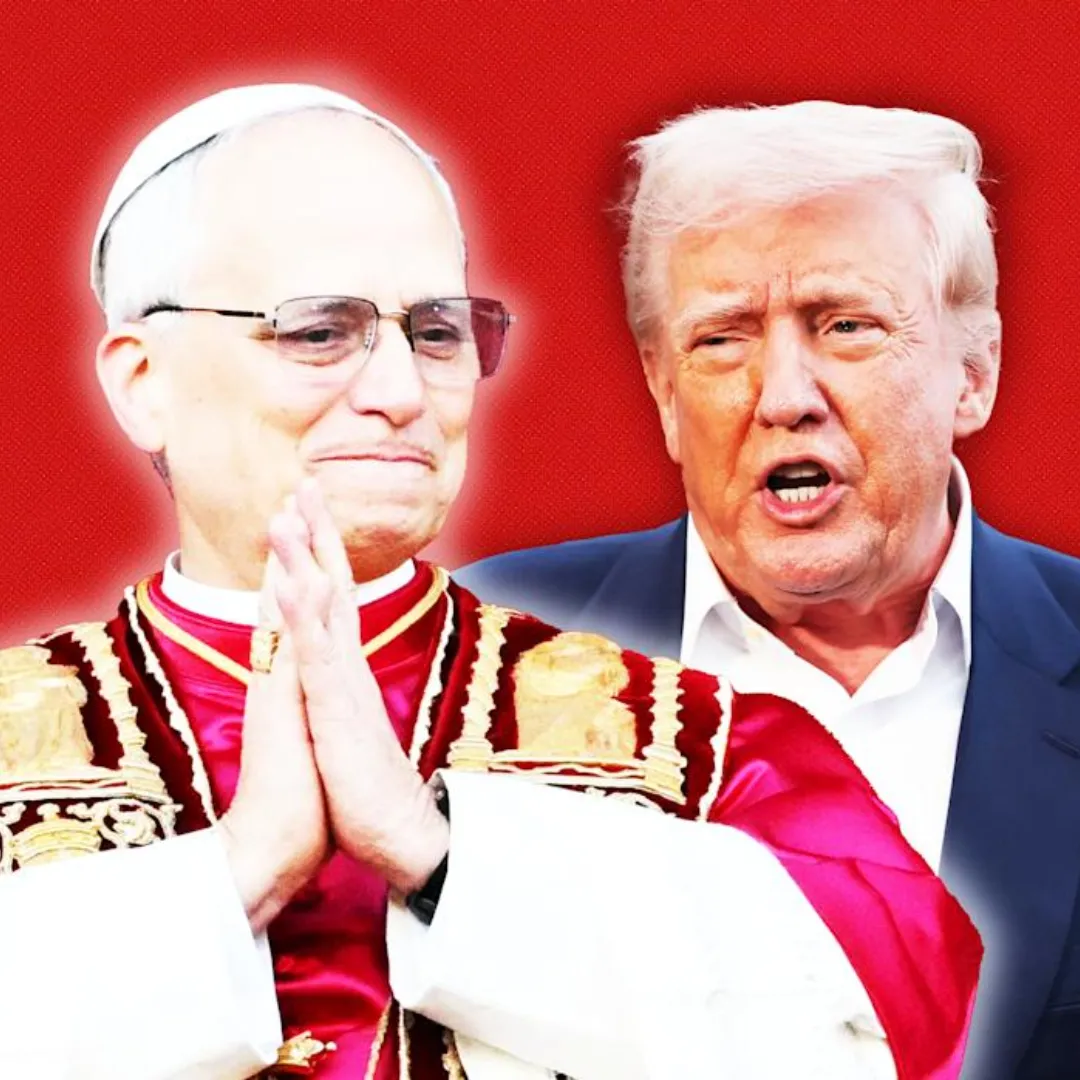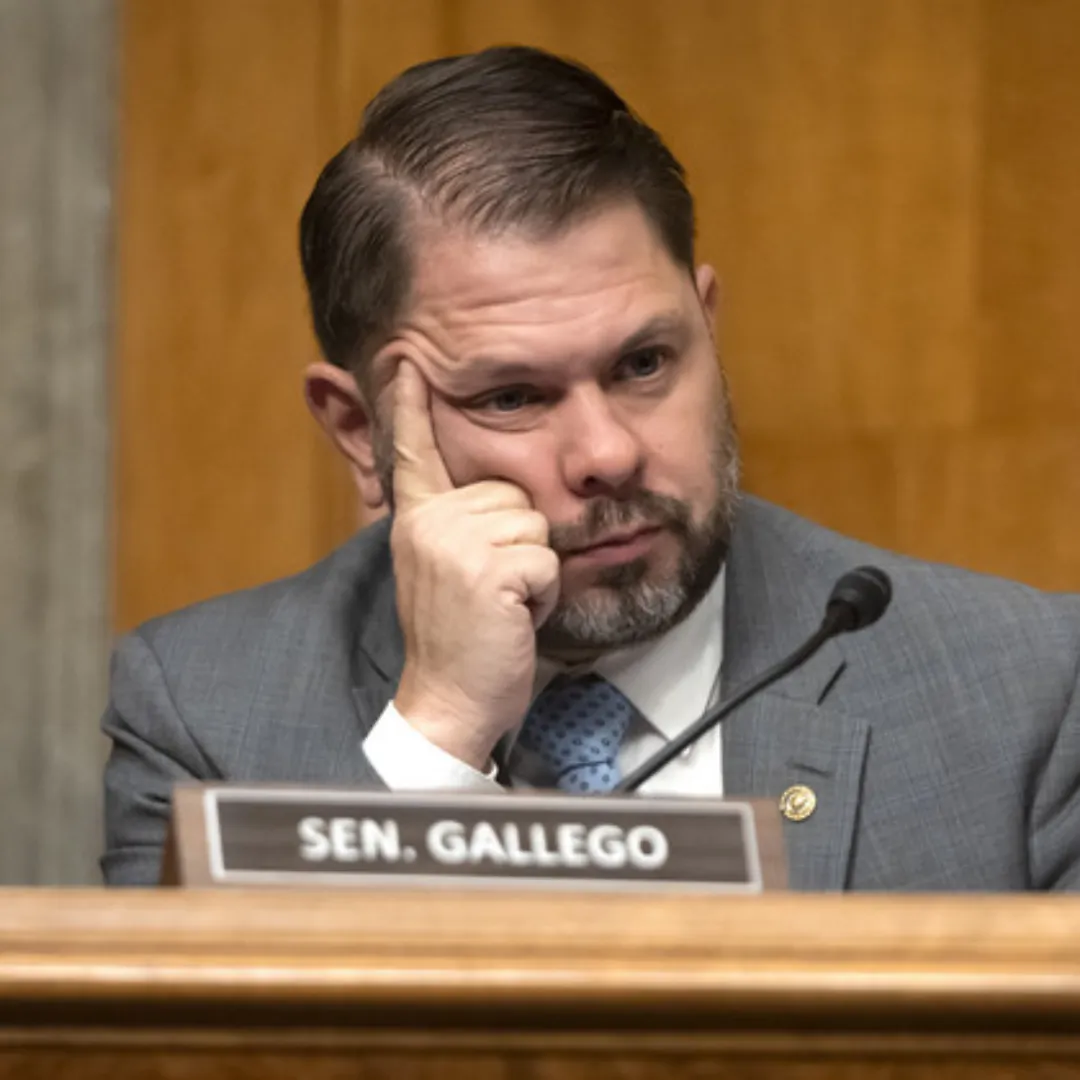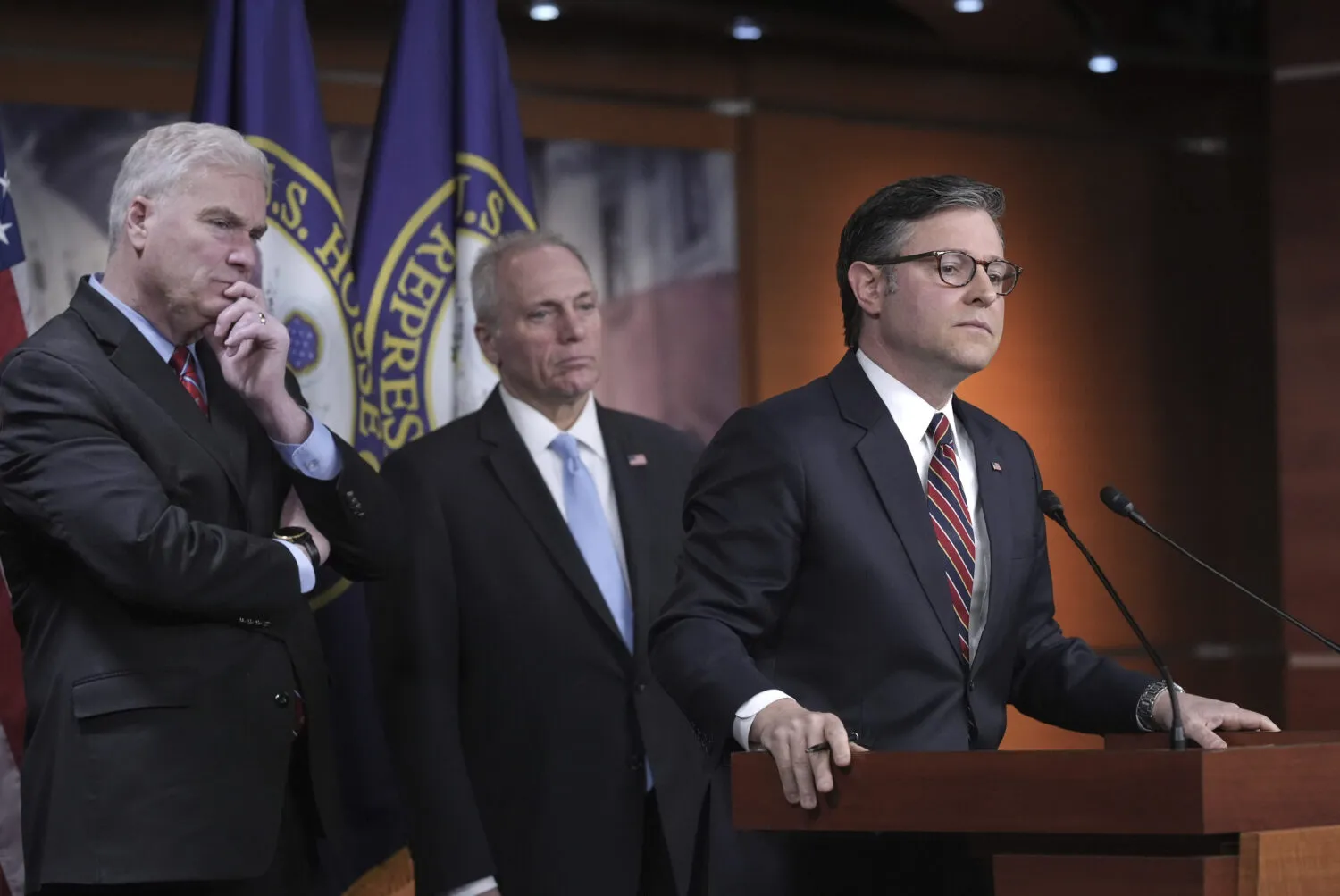
Supreme Court Justice Ketanji Brown Jackson delivered a rare and powerful warning this week, condemning the growing wave of political rhetoric that targets members of the judiciary.
Though she did not mention Donald Trump by name, her words were unmistakably aimed at the former president, whose recent public statements and political actions have repeatedly cast the court system as an enemy of his agenda. Speaking at a legal conference in Puerto Rico, Jackson said these sustained attacks on judges are not only inappropriate—they are dangerous.
Addressing an audience of legal professionals, Jackson acknowledged that judges across the country are enduring a sharp rise in personal threats and public disparagement. "The attacks are not random. They seem designed to intimidate those of us who serve in this critical capacity," she said.
"The threats and harassment are attacks on our democracy, on our system of government. And they ultimately risk undermining our Constitution and the rule of law." Her message, while measured in tone, struck at the core of a national crisis brewing over judicial independence.
This forceful defense of the judiciary comes at a time when Trump has ramped up his rhetoric against judges, often accusing them of acting politically and obstructing his leadership. In recent weeks, he has floated the idea of impeaching judges who rule against him, signed executive orders targeting law firms that represent his opponents, and made public statements casting doubt on the legitimacy of court rulings.
In one extreme case, a state judge was arrested for allegedly helping an undocumented immigrant avoid federal detention—an incident Trump has used as fuel for his ongoing attacks.
Justice Jackson alluded to this broader political climate when she referred to “the elephant in the room.” While she refrained from directly naming Trump, her commentary left little doubt about the target of her remarks.
“There are real dangers when public officials seek to undermine the credibility and authority of the courts for political gain,” she suggested. These comments underscore the growing tension between the judicial branch and political leaders who challenge its authority.
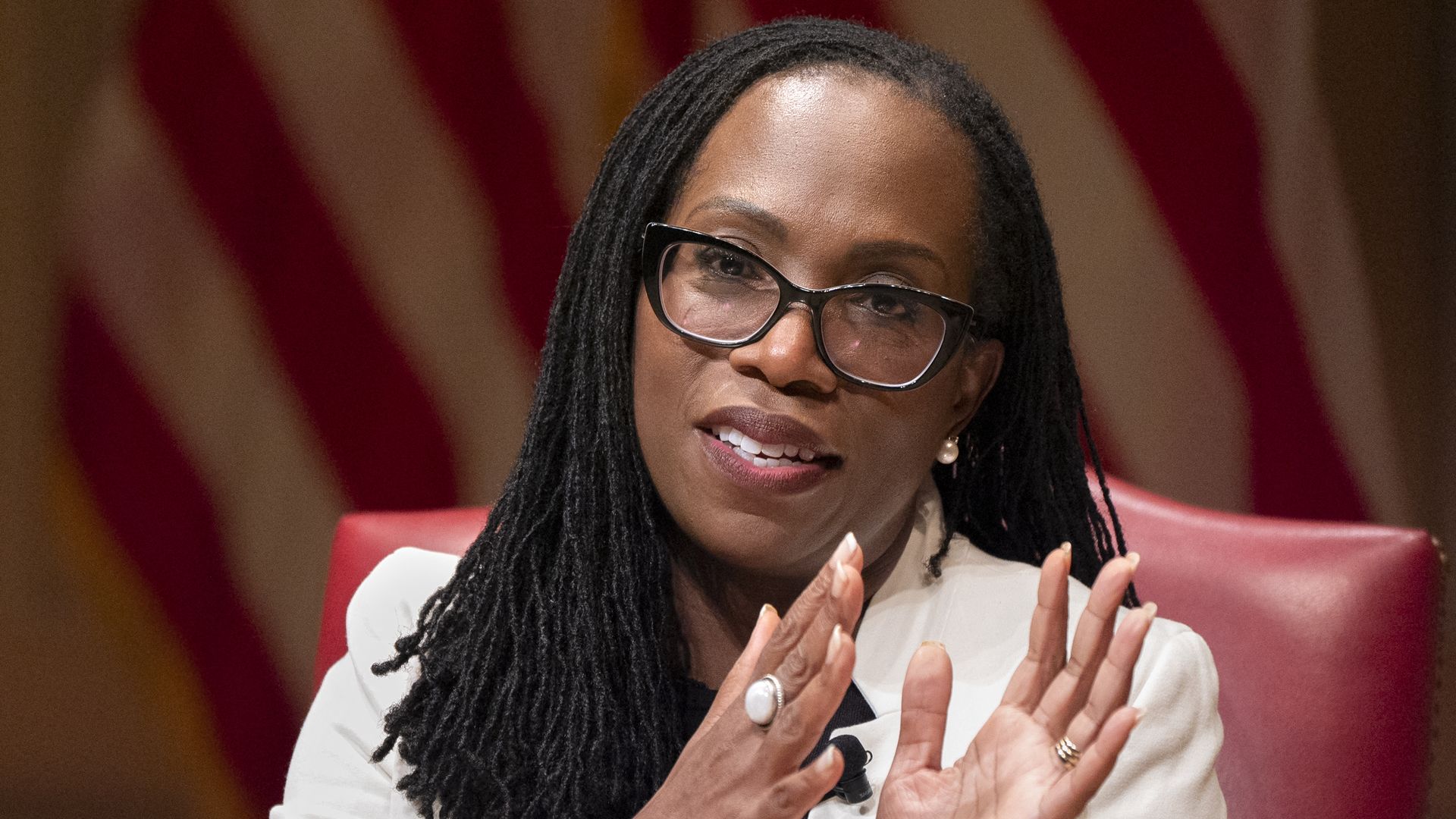
Adding to the fire, Trump continued his tirade the very night Jackson was delivering her remarks. While speaking at the University of Alabama, he once again railed against the judiciary.
"The courts are trying to stop me from doing the job that I was elected to do," Trump told a cheering crowd of students. He went on to question the basic principle of due process, saying, “Judges are interfering, supposedly based on due process, but how can you give due process to people who came into our country illegally?” His remarks echoed earlier statements in which he dismissed court decisions as political acts rather than legal judgments.
Justice Jackson has shown a pattern of pushing back against what she views as the dangerous overreach of Trump’s policies and statements. In a recent Supreme Court case addressing the Trump administration’s approach to immigration enforcement, Jackson condemned the practice of secretly detaining individuals and sending them to foreign facilities known for human rights abuses.
“Whisking people away to a notoriously brutal, foreign-run prison,” she wrote, “should be quite concerning for lovers of liberty.” Her sharp rebuke framed the administration’s actions as not only aggressive but bordering on inhumane.
In a separate case, Jackson ruled against the Trump administration’s abrupt cancellation of federal teacher training grants. Her opinion criticized the Department of Education’s behavior as “robotic” and “highly questionable,” accusing the agency of disregarding its responsibilities to educators and students.
These judicial opinions, while grounded in legal reasoning, reveal a deep unease with the way Trump-era policies have treated constitutional protections and due process.
Though Jackson was appointed by President Joe Biden, she has not acted as a political figure in her role on the Court. Still, her willingness to speak out publicly is notable and highlights the extraordinary nature of the situation.
Supreme Court justices rarely wade into politically charged controversies with such pointed language, especially when it involves criticism of a former president. Her statements signal just how seriously she and likely others on the bench view the current threats to judicial integrity.

Chief Justice John Roberts, a Republican appointee, also felt compelled to issue a statement earlier this year pushing back against Trump’s remarks. In March, without naming Trump, Roberts reminded the nation that "for more than two centuries, it has been established that impeachment is not an appropriate response to disagreement concerning a judicial decision."
He emphasized that judicial rulings should be addressed through the normal appeals process, not political retaliation. Roberts’s intervention was highly unusual, reinforcing the severity of the moment.
Together, these reactions from Jackson and Roberts suggest that the Supreme Court is increasingly alarmed by the political attacks it is facing. Their words reflect a judiciary under siege, not just from isolated threats but from a broader campaign to undermine its legitimacy.
Legal scholars and democracy advocates have echoed these concerns, warning that a system based on the rule of law cannot survive if the courts are viewed merely as political obstacles to be eliminated or discredited.
The growing chasm between Trump and the judicial branch also raises questions about how the country will manage future legal conflicts, especially if Trump pursues further political power.
As legal challenges involving immigration, executive authority, and civil liberties continue to work their way through the courts, the pressure on judges to rule impartially will only increase. The danger, as Jackson pointed out, is not just to individual judges but to the very foundation of American democracy.
Her warning should not be taken lightly. It reflects a deep concern that one of the most powerful branches of government is being delegitimized in the eyes of the public. If that effort succeeds, the consequences could be catastrophic.

Without public trust in the judiciary, there can be no fair enforcement of laws, no meaningful protection of rights, and no balance of power. The moment demands vigilance, and Justice Jackson has made it clear she is prepared to speak out, no matter the political consequences.
